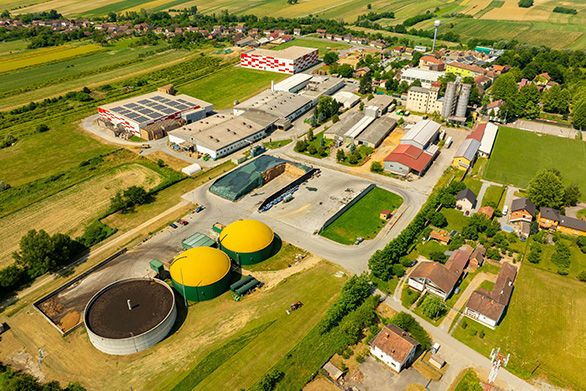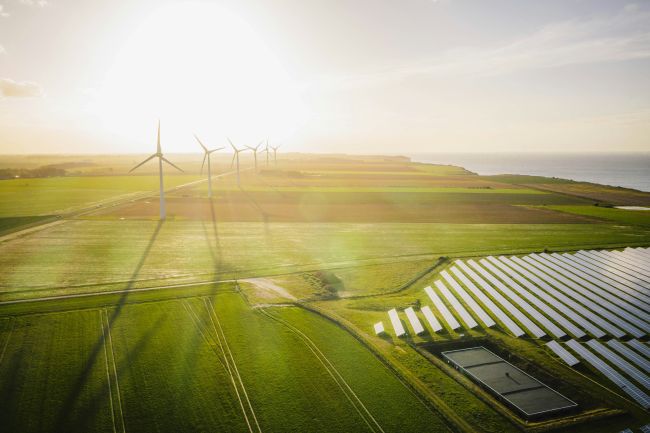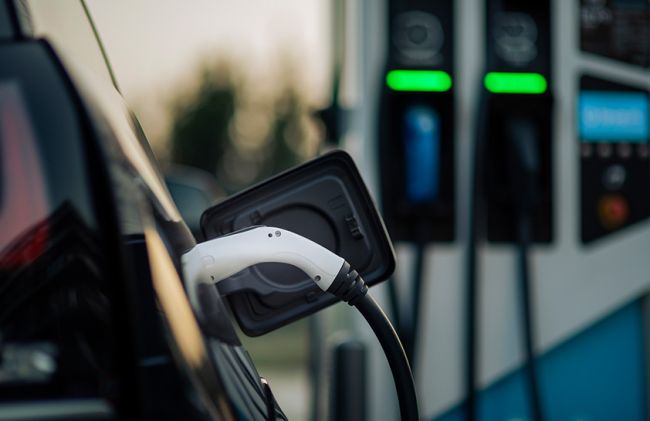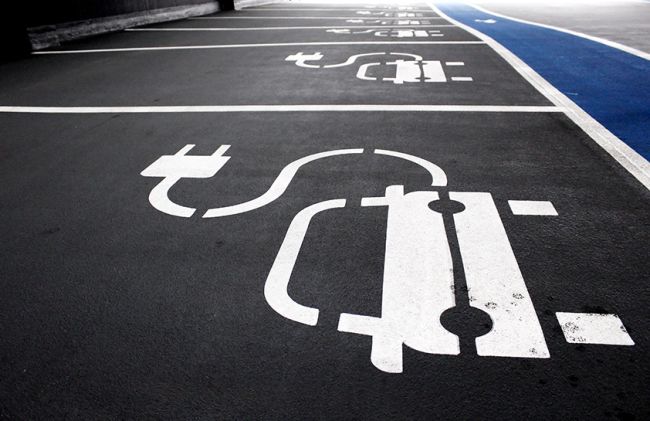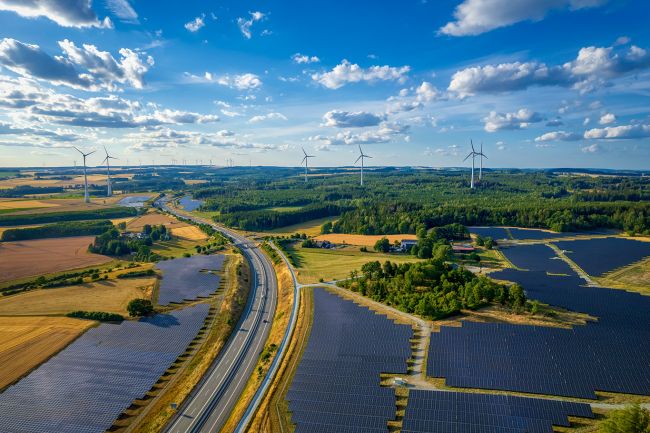Working on the financial case for carbon capture, a necessary element for handling waste in the UK
Carbon capture, utilisation and storage (CCUS) looks set to play a vital role in the UK’s net zero strategy.

Carbon capture, utilisation and storage (CCUS) looks set to play a vital role in the UK’s net zero strategy, with Prime Minister Rishi Sunak announcing government funding at key sites this week.
The commitment comes on the back of this year’s spring budget, which committed £20 billion over the next two decades to the technology, which can be used in conjunction with those industries which are most difficult to decarbonise.
Amberside has, for many years, been ‘knee deep’ in advising on projects that handle domestic waste and sees this development, which ensures the sector has a path to net zero, as very welcome.
"Since 2018, we have been helping the North London Waste Authority (NLWA) in their mission to create a state-of-the-art redevelopment at their existing, time-expired, energy-from-waste facility at Edmonton EcoPark. This has involved us securing over £700 million of funding both for the energy-from-waste plant and for the development of heat networks that will link to the new site and North London’s largest rooftop solar array. Most recently, we have been appointed to advise on the merits of retrofitting carbon capture technology to the plant." says James Derbyshire, Senior Consultant and lead on the project.
CCUS could be a key part of this sustainable vision, as the process sees carbon emissions captured on-site and liquified before potentially transported for eventual storage in empty gas and oil fields, in the UK’s case on the country’s continental shelf in the North Sea.
“NLWA manages the 570,000 tonnes of waste produced by North Londoners each year,”
“The domestic waste that cannot be recycled is incinerated, generating a significant amount of energy-from-waste in the process. Naturally, that is a carbon-intensive activity, and therefore they’re looking at ways of capturing the carbon they emit,” he adds.
“We are providing financial modelling and financial advisory services to support the development of a Treasury Green Book business case. There are a number of challenges, largely associated with the policy and incentives for carbon management. One of these has to do with the treatment of carbon emissions where the waste is a constantly changing mix of hydrocarbon-derived materials (such as plastic containers) and other products of biogenic origin, such as food waste.”
Energy-from-waste is on the rise across the UK as pragmatic approaches to waste management are required in response to both environmental concerns and finite landfill space. The UK has the third biggest provision of these facilities in Europe after Germany and France, according to the Confederation of European Waste-to-Energy Plants.
Meanwhile, the UK Government’s latest commitments will see money go to CCUS facilities at Acorn, Aberdeen, and Viking in Humberside, both of which are in proximity to fossil-fuel extraction and industrial activity. Drax biomass power station in North Yorkshire, the largest single emitter in the UK’s energy sector, has also announced their plans to explore the tech.
Against this backdrop, Amberside’s business case advice needs to anticipate changes in the legislative landscape. From 2028, the energy-from-waste sector will be included in the UK’s Emissions Trading Scheme (ETS), a cap-and-trade system which sees companies buy and sell credits based on their carbon emissions. When this happens, any fossil-derived carbon emissions will need to be accounted for, and paid for, ultimately by the residents of North London.
"Most of the project team uses the humble ready-meal lasagna dish as an example. Most supermarket own-brand lasagna comes in a plastic tray that is derived from a fossil fuel base, whereas more high-end products have biogenic packaging. When burnt, they both produce carbon, but only the fossil fuel-based emissions come under the scrutiny of the ETS,” says James.
The viability of Edmonton’s business case is still under review and is dependent on further data and details of how the ETS scheme will come into play, both of which are still forthcoming.
“We need to understand the financial implications of the scheme for waste and on the viability of a carbon capture facility,”
“Amberside has strong credentials in energy-from-waste projects and has been developing expertise in CCUS. We’re well placed to deliver financial modelling for this project.”
“We will also have the opportunity to work closely with the project’s technical team, which will provide helpful insight to support more techno-economic modelling on CCUS in the future.”
Amberside has, for many years, been ‘knee deep’ in advising on projects that handle domestic waste and sees this development, which ensures the sector has a path to net zero, as very welcome.
